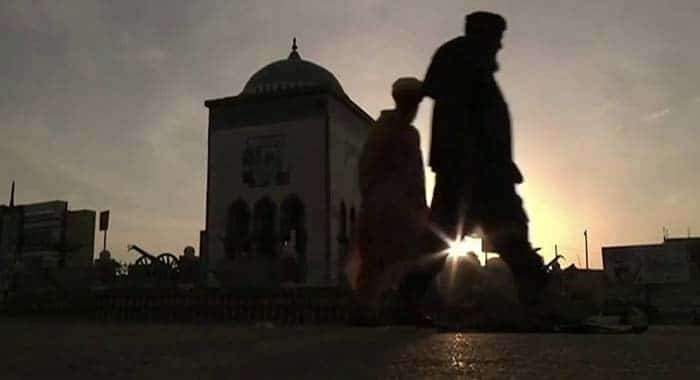The Afghan Taliban are secretly constructing a specialized military base in Kandahar’s District 11 under the direct orders of their reclusive leader, Hibatullah Akhundzada, in what analysts describe as a disturbing attempt to militarize the group’s power base and suppress internal dissent.
Reports indicate that the facility is being built in a remote mountainous location, concealed from public view and, in some instances, even without the knowledge of Taliban police in the province. The base is said to include fortified accommodations for senior commanders and specialized military hardware, underscoring the regime’s focus on entrenching its authority rather than addressing Afghanistan’s dire humanitarian and economic crises.
The move comes amid growing discontent and widening fractures within the Taliban. Observers believe Akhundzada, who has isolated himself in Kandahar since the group seized Kabul, is seeking to shield himself from rivals inside the movement while projecting strength through military means. His order to construct a fortified base follows earlier revelations that the Taliban had begun digging underground tunnels in the same region, heightening fears that the leadership is preparing for long-term conflict rather than governance.
Critics argue that the project exposes the Taliban’s priorities: instead of alleviating the suffering of ordinary Afghans millions of whom face hunger, unemployment, and lack of basic freedoms — the leadership is channeling resources into secretive military infrastructure designed to preserve its authoritarian rule.
The Taliban have not officially commented on the reports, but the construction aligns with Akhundzada’s pattern of consolidating absolute control in Kandahar, sidelining Kabul-based officials, and relying on repression to stifle dissent. Analysts warn that these developments may further destabilize Afghanistan, exacerbate factional rifts, and deepen the regime’s isolation on the international stage.
The establishment of a clandestine military base in Kandahar, long regarded as the Taliban’s ideological heartland, reinforces the perception that the group remains wedded to militarism, secrecy, and authoritarian control rather than the stability and prosperity promised to the Afghan people.





